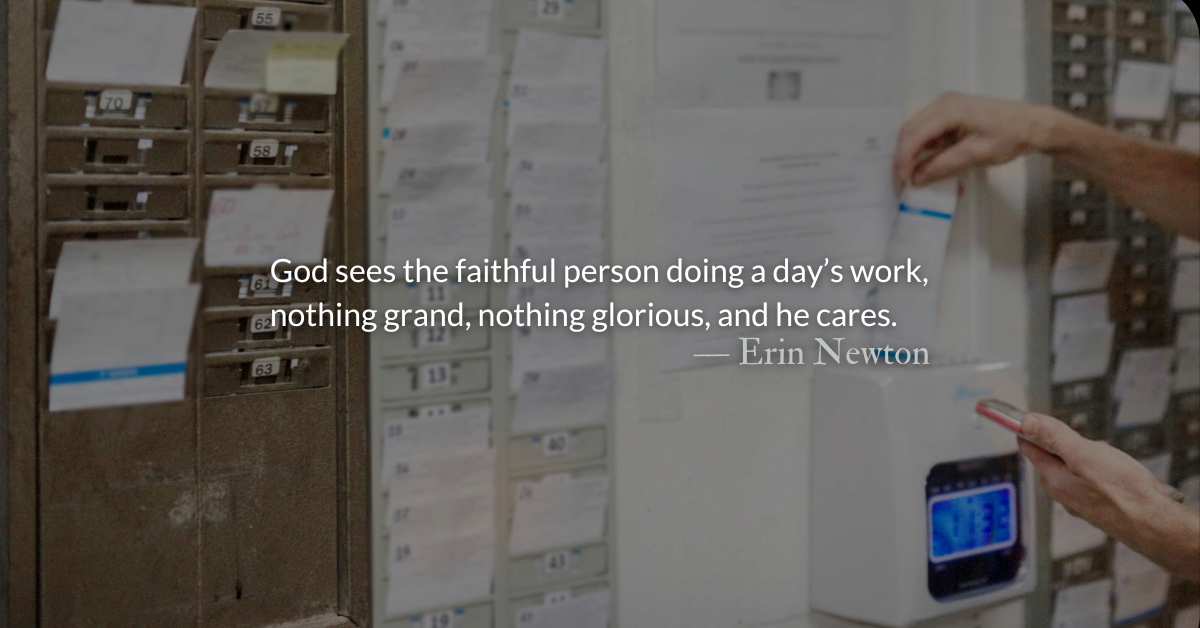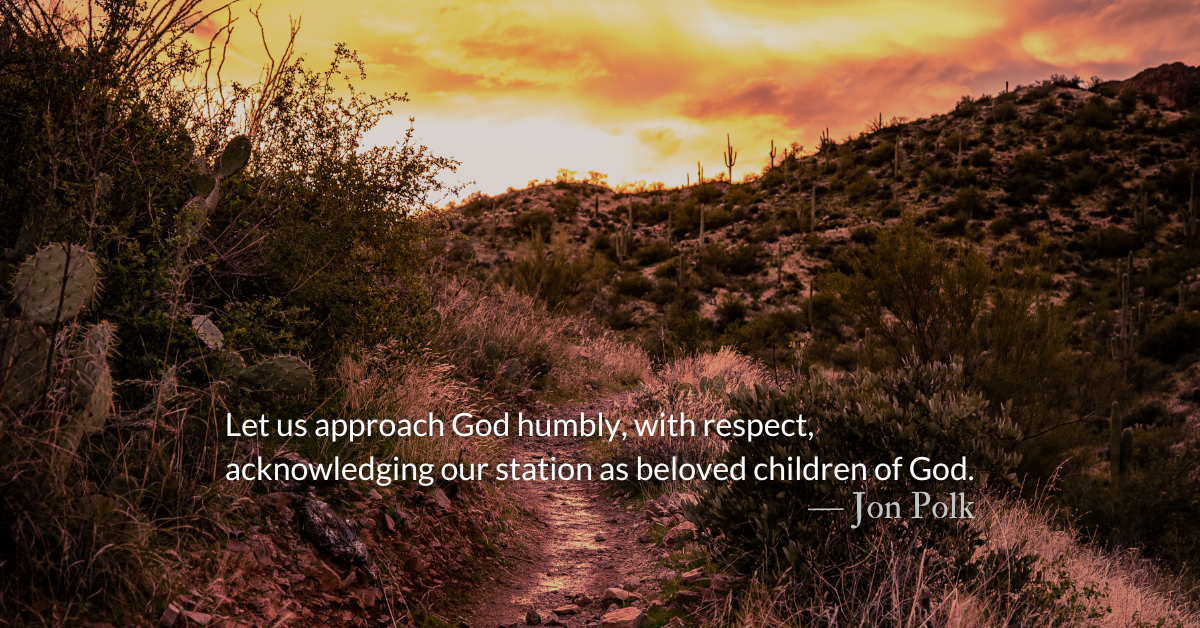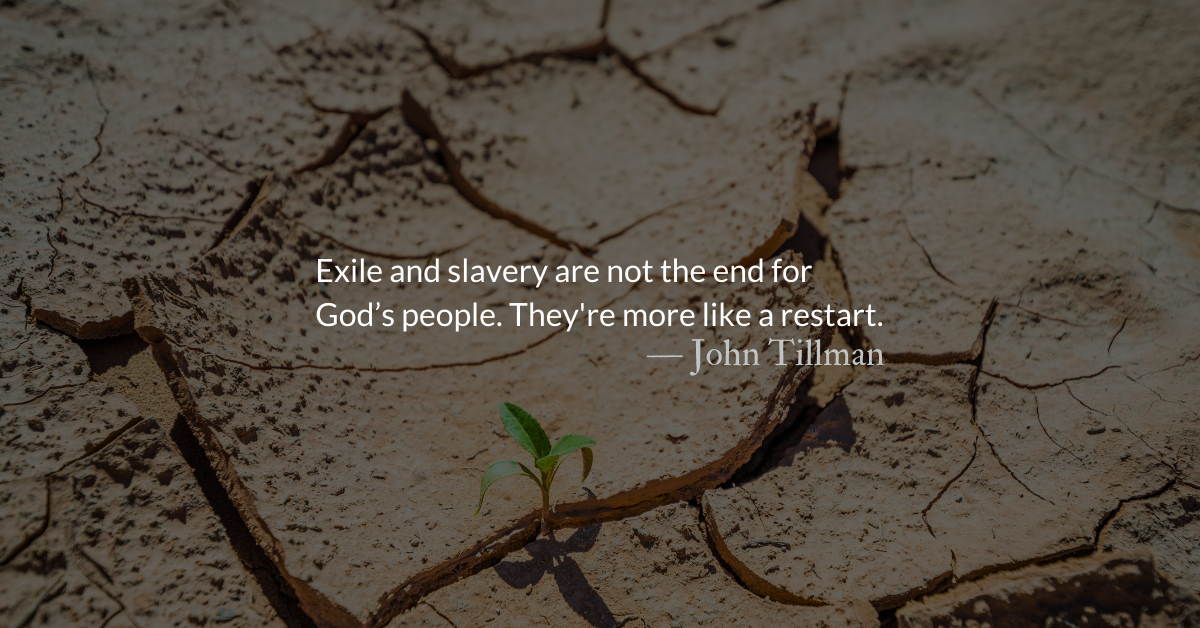Scripture Focus: 2 Kings 8:1-6
1 Now Elisha had said to the woman whose son he had restored to life, “Go away with your family and stay for a while wherever you can, because the Lord has decreed a famine in the land that will last seven years.” 2 The woman proceeded to do as the man of God said. She and her family went away and stayed in the land of the Philistines seven years.
3 At the end of the seven years she came back from the land of the Philistines and went to appeal to the king for her house and land. 4 The king was talking to Gehazi, the servant of the man of God, and had said, “Tell me about all the great things Elisha has done.” 5 Just as Gehazi was telling the king how Elisha had restored the dead to life, the woman whose son Elisha had brought back to life came to appeal to the king for her house and land.
Gehazi said, “This is the woman, my lord the king, and this is her son whom Elisha restored to life.” 6 The king asked the woman about it, and she told him.
Then he assigned an official to her case and said to him, “Give back everything that belonged to her, including all the income from her land from the day she left the country until now.”
Reflection: A Model of Faithfulness
By Jon Polk
Who do you run to? When met with times of hardship or uncertainty, where does your faith rest?
The Shunammite woman, one of many unnamed faithful women in scripture, found herself in a rough spot. Out of the country for seven years, upon her return she discovered that her house and land had been claimed by others. Now apparently widowed, this was a devastating blow to her livelihood.
Note that she is no ordinary unnamed woman. This is the woman whose son had been raised from the dead. Let’s go back to 2 Kings 4.
A wealthy woman in the village of Shunem heard that the prophet Elisha was coming through town. She prepared a meal for him, and he began to stop there for dinner regularly as he passed through their city. This faithful woman convinced her husband to add an extra, furnished room to their home so that Elisha would have a place to stay during his visits.
Elisha was so moved by her generosity that he asked what he might do for her. His servant Gehazi mentioned that she didn’t have a son and that settled it, Elisha prophesied that within a year’s time, the woman would give birth to a son.
A boy was born as promised, but during childhood, he tragically died unexpectedly. She brought Elisha back to her home, he prayed, and the boy was healed.
In both cases, the death of her son and the loss of her property, the Shunammite woman’s faith did not waiver. There is no indication in either instance that she panicked or was hysterical. Her faith was not dependent on God’s provision but on God’s presence.
Back to chapter 8, she approached the king straightaway with an appeal for her house and land. At the exact same moment, Gehazi was explaining to the king how Elisha had raised a woman’s son back to life. Coincidence?
When she recounted her story to the king, he was moved to intervene on her behalf and restored her property, including all the income from the land since the day she left.
This unnamed woman is a model of faithfulness. She recognized Elisha as God’s prophet and provided food and lodging for him. When the promised son died, she confidently called Elisha. When all her belongings were taken away, she approached the king with the same confidence.
During challenging times in life, maintaining faith can be difficult, but we can run to God. In times of uncertainty and instability, we can trust God’s providence.
Divine Hours Prayer: The Request for Presence
Our God will come and will not keep silence; before him, there is a consuming flame, and round about him a raging storm. — Psalm 50.3
– From The Divine Hours: Prayers for Summertime by Phyllis Tickle.
Today’s Readings
2 Kings 8 (Listen 5:18)
Psalms 55 (Listen 2:43)
This Weekend’s Readings
2 Kings 9 (Listen 6:32) Psalms 56-57 (Listen 3:11)
2 Kings 10 (Listen 6:30) Psalms 58-59 (Listen 2:32)
Read more about Ordinary Measure of Faithfulness
The Shunammite woman is a tale of the slow, quiet, and ordinary walk of faithfulness.
Read more about God, Can You Hear Me?
It can feel like God is slow to respond. We confuse the patience of God as the endorsement of evil.











